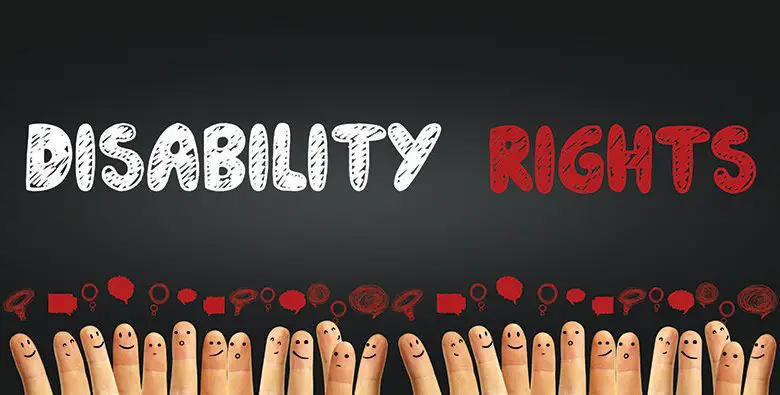
Why are ‘systematic violations’ of disability rights not newsworthy?
It was recently discovered that the United Nations’ (UN) has found ‘systematic violations’ regarding the UK’s compliance with the UN Convention on the Rights of Persons with Disabilities. Yet the media barely reported this, and the government did nothing except deny the UNs’ findings. Why is that? Disability United Editor Fleur Perry investigates.
What does get media coverage these days? Celebrity flings, offshore tax-dodging and politicians accidentally leaking sensitive documents. These stories have entertainment value. But are they really news? For as long as there have been celebrities, there has been scandal. For as long as there have been taxes, there’s been tax evasion, and for as long as there have been politicians, there’s been attacks on their character and reputation. Nothing new.
So what exactly is news? It appears that much of the news is simply what the rich and famous want you to know about. Celebrities and politicians have become very adept at using the media for their own ends. They keep the world – fans and opponents – so intrigued by their actions that they have not only become rich, famous and powerful, but also out of touch and dangerous. The result? Much of the news has become twisted and no longer answers those questions we should be asking.
Is journalism now nothing more than recycling quotes, selfies, and fixed views? No! News should be the answer to those questions we never thought to ask. For example, it won’t be news to you that the ‘welfare state’ is still one of the most hotly debated topics in British politics.
But it might be news to you that the UN has frowned upon the UK’s welfare reforms. And that the government’s response to this could be summarised as “meh.” Why has this not been more widely reported on?
One answer is that it is not news by the standards of most media outlets. The UN is represented by a bunch of grey suits using a lot of long words to tell us we’re running our country incorrectly. And if we don’t fix it there’ll be… well, there’ll be more long words, let there be no doubt about it! This could sound like a snooze fest as opposed to an attention grabbing story.
It is also not news because there’s no finger pointing, no mudslinging debate, no upping of the ante, and nothing to sell. Nothing to see and nothing to report here folks.
But what if you start asking questions?
When asked if the evidence was going to be published, the UN answered with a wordy “no.” So we still do not know the answer to the question: How have changes to the benefits system actually affected disabled people?
There are a lot of individual stories and odd bits of data out there. But the big picture is missing, there is no “cumulative impact assessment,” as the UN would say. The UNs’ evidence base would have been the closest thing to a complete picture, but it won’t let anyone see it. It’s easy to dismiss something invisible.
So what questions do we need to ask? One question I’d like to ask is: How does this end? And more importantly, how do we get from A to B? B would be when the UN has nothing to investigate; when people get the social care they need; when all the food banks shut down because people do not need them anymore, and “communal pneumonia” is something that used to exist.
We are at B when professionals talk to not about you, and vice versa. When posts on Facebook don’t need a trigger warning. When problems can be solved without anger.
But whatever happens and how ever it happens, never stop asking questions.
By Fleur Perry
Check out…
- Disability Rights: let’s make a change together
- Common reactions to disability: 5 types of people we’ll all recognise
- United Nations International Day for Persons with Disabilities: has it been forgotten about in the UK?
Get in touch by messaging us on Facebook, tweeting us @DHorizons, emailing us at editor@disabilityhorizons.com or leaving your comments below.